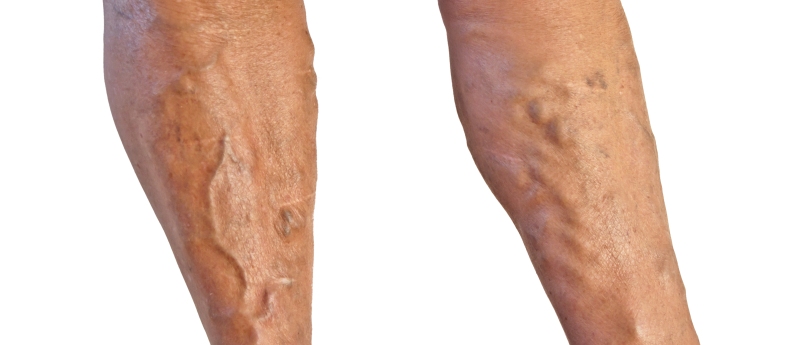
What are varicose veins? How are they treated?
Dr. Zhang Zhuo, Chief of General Surgery and Surgeon, share his expertise…
Getting Under Your Skin: Varicose Veins
Varicose veins are abnormally swollen or twisted veins that can appear anywhere in the body; however, usually, the term varicose commonly refers to veins that appear in the legs. Varicose veins are most common in the superficial veins of the legs, which are subject to high pressure when standing. Women are more prone to varicose veins then men because due to pregnancy, menopause, and even heredity and genetics. Thus far, studies have concluded that smoking and alcohol abuse shows no significance towards varicose veins.
Symptoms
The discomfort and symptoms vary from mild to severe based on different levels of varicose veins. For most people, varicose veins are just cosmetic flaws posing no concern to one’s health; however, if not managed properly, people will start to experience symptoms as well as notice the development of enlarged and twisted veins. These symptoms and signs consist of:
- Aching, heavy legs, and ankle swelling – often worse after exercise or a whole days work.
- Brownish and yellow skin discoloration, redness, dryness and itchiness of skin near the affected veins.
- Cramps may develop especially when making sudden movements like standing up, and minor injuries near the affected area may bleed more than normal or take a prolonged time to heal.
- Severe pain, tenderness, and heaviness towards the affected legs prevent people from walking or standing for long hours.
- The pigmentation of skin combined with prolonged healing after may lead to the formation of skin ulcers.
- In the elderly, severe bleeding often occurs from minor trauma.
- Venous thrombosis and malignant transformation have been reported in serious conditions.
Managing varicose veins
If you are experiencing said symptoms, it is recommended you see a doctor for consultation. A clear diagnosis and detailed evaluation is of most importance in further management.
Treatment can be conservative, interventional, or even surgical. If your condition is not yet severe, the symptoms of varicose veins may be controlled by conservative treatments, such as elevating the legs, regular exercise, wearing of graduated compression stockings, and anti-inflammatory medication. The interventional and surgical ways include vein stripping, ambulatory phlebectomy, venous sclerotherapy, endovenous thermal ablation with laser (EVL), or radiofrequency (ERA).
Shanghai United Family Hospital and Clinics has a team of experienced surgeons that can provide high quality and systemic medical services for the patients who have problems with varicose veins. You are more than welcome to schedule your consultation whenever you need our help.
Copyright United Family Healthcare 2018 All right reserved ICP 京ICP备13017554号-4



